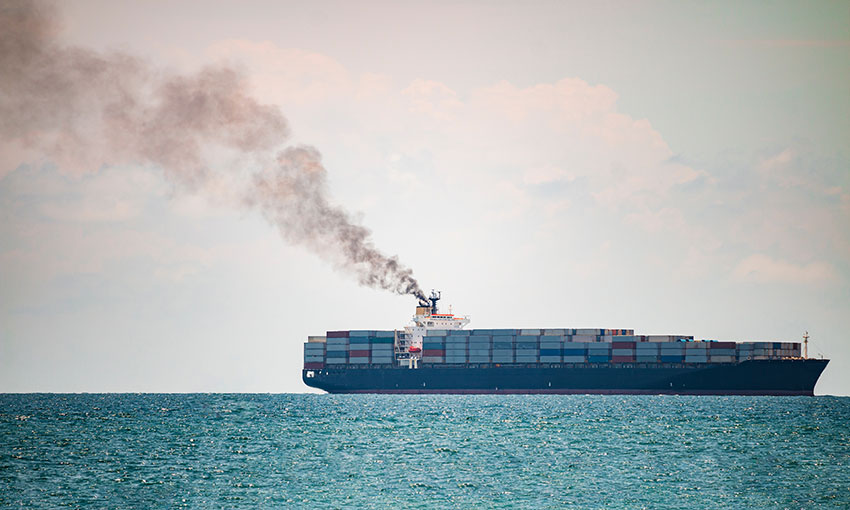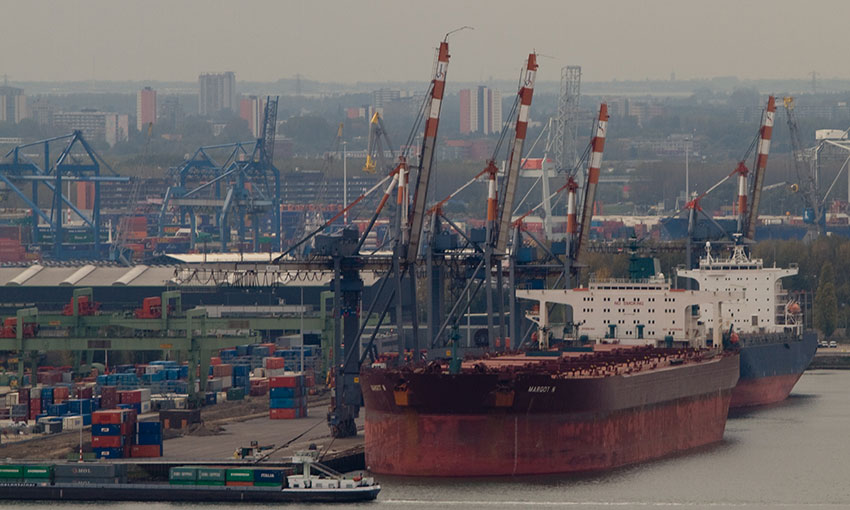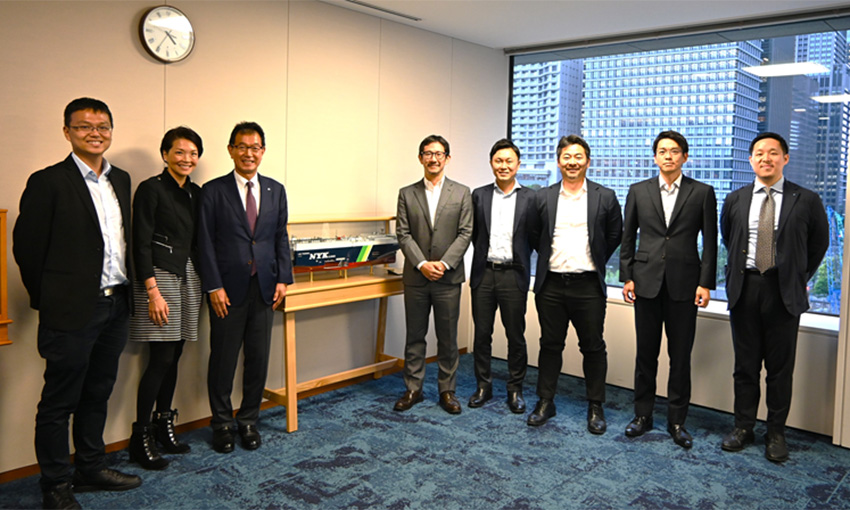THE SHIPPING industry needs more training and pilot projects to better understand the economic feasibility of bio-methanol and green ammonia, a report has found.
An assessment from the Maritime Technologies Forum highlighted a lack of sufficient data around the fuels and the need for practical experience to build a global workforce.
MTF’s assessment aims to compare the feasibility and readiness of alternative marine fuels by evaluating sustainability, safety, security, economic feasibility, regulatory, people technology status and engineering.
The report found bio-methanol and green ammonia perform better than fossil MGO and LNG in the sustainability and environment category, but score lower in other categories due to the lack of a comparable fuel value chain.
As regulations and research for bio-methanol and green ammonia expand, MTF expects the fuels to become increasingly competitive.
Knut Arild Hareide, director general of shipping and navigation at the Norwegian Maritime Authority said handling hazardous fuels such as liquefied methane, methanol, ammonia and hydrogen requires competence building and certified training.
“Working with our colleagues from major class societies and other flag administrations to apply this framework was an important step forward in helping identify future priorities and needs for further development.”
Georgios Plevrakis, ABS vice president for sustainability and primary author of the report, said the report underscores the need to collaborate on training and pilot projects for alternative fuels.
“Applying MTF’s framework to alternative fuel options provides a critical snapshot on readiness and identifies the gaps where we need to refine our focus and increase our research efforts if we are to develop economic and technologically feasible fuel options.”
MTF is a forum of flag states and classification societies which aims to provide technical and regulatory expertise for the maritime industry.
Classification society DNV is a founding member of the MTF.





